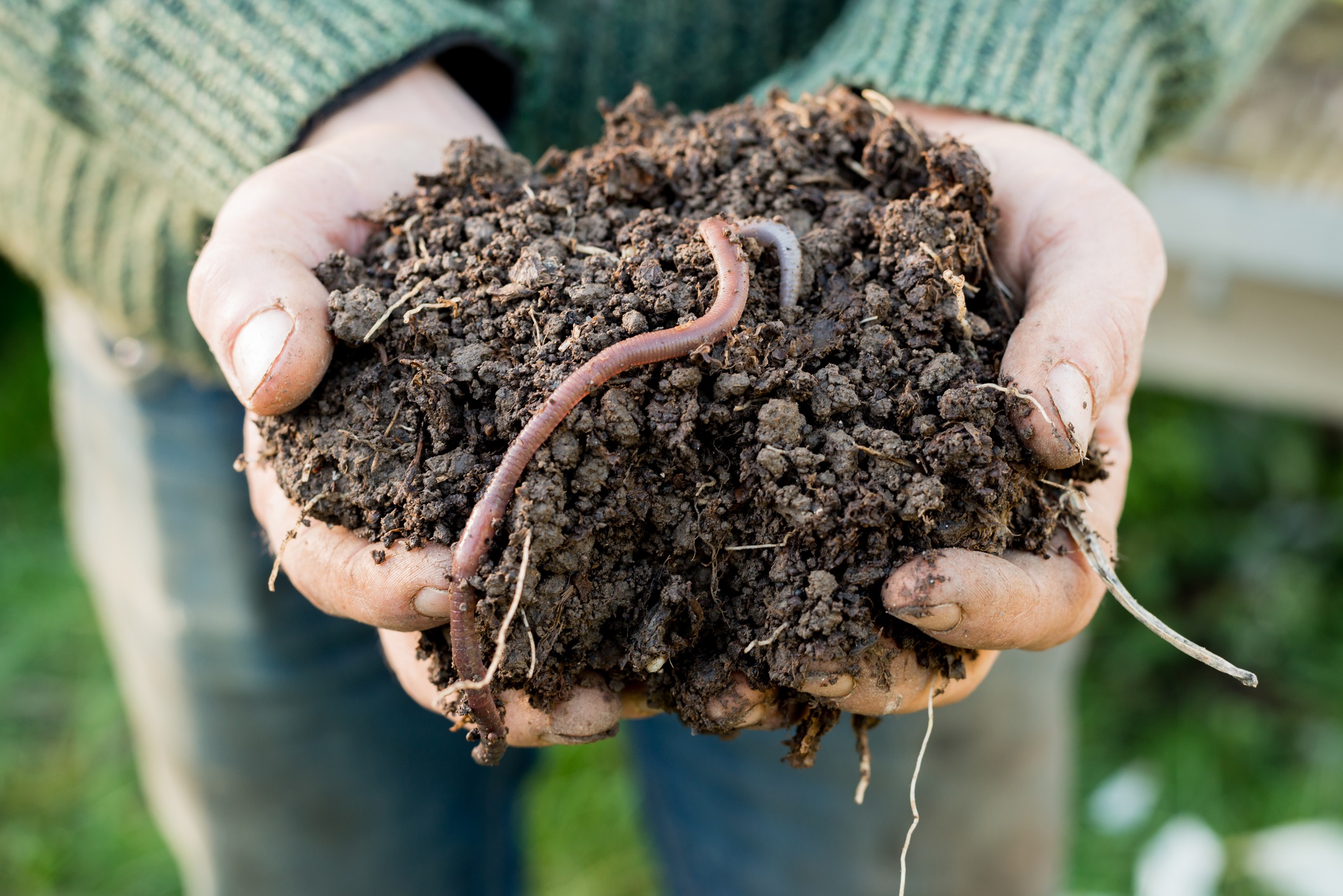The organic sector must respond to regenerative momentum
Published: February 7, 2023
Category: The Non-GMO Blog, Organic News

“Regenerative” has momentum. New partnerships, organizations, finance tools and certifications pop up daily. Those of us who have been working to promote regenerative organic practices for decades—including the organic pioneers at Rodale Institute who coined the term “regenerative agriculture” in the 80s—can rejoice. All newcomers focusing on soil regeneration, biodiversity and climate: Welcome!
But let’s distinguish between serious regenerative actors, like farmer allies working for practices and policies similar to those we work for in IFOAM… and those like Syngenta, where the ill-defined “Regen Ag” allows Syngenta to re-brand itself as a “regenerative” champion while continuing with pesticides as its core business.
Regenerative momentum is partly explained by this attractive, easily exploited ambiguity. Claiming regenerative goals and practices also helps delay the more ambitious political steps needed to address crises in food security, climate and loss of biodiversity. Regeneration also just feels right. The craftsmanship appeals to farmers. And Hollywood has made soil sexy. Respect. Let us be inspired by the soil and landscape aesthetic in regen PR. We need to communicate with more heart about what we fight FOR in organics!
We must also call out greenwashing. And the repeated false claims of regen being “beyond organic.” It’s not. These claims are always based on comparisons between regenerative ASPIRATIONS (maximum goals) and organic guarantees (minimum standards). All regenerative aspirations are already firmly embedded in the international organic principles in IFOAM. Of course, our unique global infrastructure of standards and certification gives consumers a real guarantee, not available from “regenerative.” Despite this, the regenerative idea is competing for the “sustainable alternative” space among food companies, retailers, philanthropists and policy makers. There is real risk that leading corporate, NGO and philanthropic interests set an attractive but diffuse “regenerative” agenda drawing policy, farmers, funding streams and market focus away from the real food systems change that organics and agroecology represent.
To recapture momentum Regenerative Organic Certification was launched in the U.S., building additional social, climate and animal welfare steps on USDA organic standards. Companies like Tradin Organic are already selling certified regenerative organic products.
From the organic sector we will seek collaboration with serious regenerative actors, on shared goals for farming and policy, call out “regenerative” greenwashing, position organic further in the market, advocate for organic standards as a minimum guarantee for regenerative claims in the market, intensify development in organics for climate and fairness in supply chains, draw inspiration from new outcome-based tools for farmers, and communicate with heart! We can set an offensive organic regenerative agenda together!
Author: Paul Holmbeck, World Board member, IFOAM Organics International. Former director of Organic Denmark. Advisor in governments, business and NGOs in organic policy and market development
Originally published in the BIOFACH & VIVANESS 2023 Bio Eco Actual Special Edition
Reprinted with permission.
Organic & Non-GMO Insights, February 2023




